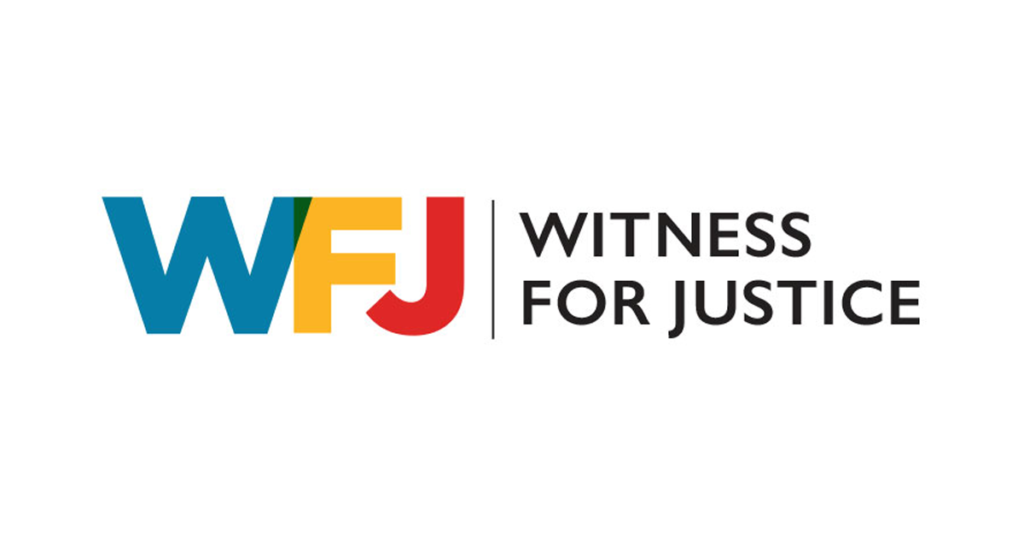Commentary: Saving Democracy
 Shortly after the collapse of the Soviet Union in 1989, political scientist and author Dr. Francis Fukuyama wrote the book The End of History and the Last Man. In it he argued that liberal democracy represented the final stage in sociopolitical evolution. He was wrong. Democratic institutions worldwide are in crisis.
Shortly after the collapse of the Soviet Union in 1989, political scientist and author Dr. Francis Fukuyama wrote the book The End of History and the Last Man. In it he argued that liberal democracy represented the final stage in sociopolitical evolution. He was wrong. Democratic institutions worldwide are in crisis.
Long anticipated and delayed elections in the Democratic Republic of Congo were held recently, but more than a million people were prevented from casting their ballots. People in many nations including Russia, China, the Philippines, and Hungary live under increasingly authoritarian regimes. Prior to being elected president of Brazil last October, Jair Bolsonaro declared, “The Congress today is useless … let’s do the coup already. Let’s go straight to the dictatorship.”
Our own country is not immune from disturbing trends. Our president has undermined our democratic institutions by labeling the press the enemy of the people, making unsubstantiated claims about rigged elections, praising authoritarian rulers, and repeatedly critiquing our system of checks and balances. In addition, key provisions of the landmark 1964 Voting Rights Act have been struck down by the Supreme Court, and numerous state legislatures have taken action to suppress the votes of minorities.
As a Christian minister, I reject the idolatry of identifying any single system with the will of God, including liberal democracy. Having said that, I affirm that all people are created in the likeness and image of God and are due a full measure of dignity and respect. In a democratic system, this means that all voices are heard, all people are valued and all rights are honored, including and especially the rights of those who have been marginalized. In other words, our aspiration truly ought to be “liberty and justice for all.”
Dr. Martin Luther King famously stated, “The moral arc of the universe is long, but it bends toward justice.” True enough, but it does not bend toward justice as a matter of inexorable historical movement as Mr. Fukuyama assumed. Dr. King also stated, “Change does not roll in on the wheels of inevitability, but comes through continuous struggle.”
While elections are the cornerstone of our democratic system, they are not all that matters. Leaders need to be held accountable at all times, and citizen voices need to be heard through advocacy and direct action so that the rights and dignity of all people, citizen and non-citizen alike, are respected and protected. Our calling is to struggle, to engage our government at this critical juncture in order to protect and expand our democracy, and to ensure the deliverance of liberty and justice for all.
Our democracy has never been perfect; there is no golden age for us to look back upon. Far from it, founding ideals included the perpetuation of slavery, the suppression of Native Americans and the subjugation of women. Forward progress has been sporadic and, as recent history shows, fragile. Democracy is at an historical moment of crisis, but it can be saved. We can save it. It is worth saving.
James Moos is Associate General Minister for Global Engagement and Operations and Co-executive for Global Ministries of the United Church of Christ.
View this and other columns on the UCC’s Witness for Justice page.
Donate to support Witness for Justice.
Click here to download the bulletin insert.
Related News
Jesus’ Vision of Justice
“Never doubt that a small group of thoughtful, committed, citizens can change the world....
Read MoreCongress Rebukes Trump (after Advocates Exercise Hope)
A year ago, I took a leap of faith: I began working with volunteers across the country to...
Read MoreDetention Centers and Prisons are Centers of Slavery
This is the third year i’m invited to write for this publication and what i’m passionate...
Read More
